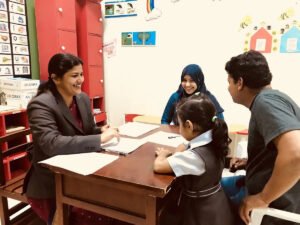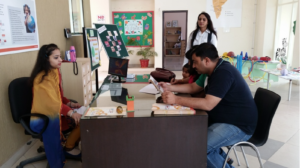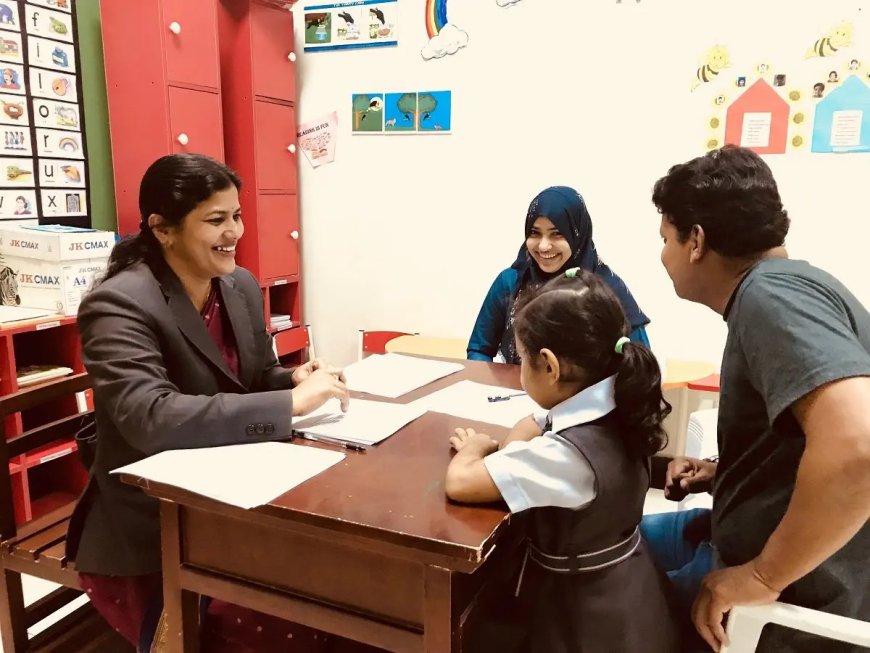Building a strong partnership between parents and teachers is crucial for the success of students.
When parents and teachers work together, they can create a supportive
educational experience that positively impacts a child's academic, social, and emotional development. This article explores twelve practical strategies and tips for fostering strong parent-teacher partnerships to promote student success.

1. Open and Transparent Communication:
Establish clear channels of communication, such as regular meetings, emails, or online platforms, to facilitate open and transparent dialogue between parents and teachers.
2. Active Listening:
Practice active listening to understand the concerns, perspectives, and goals of both parents and teachers, fostering a collaborative approach to support student growth.
3. Shared Expectations:
Collaboratively set expectations and goals for students, aligning both home and school environments to create a supportive learning experience.
4. Regular Progress Updates:
Provide regular updates on students' progress, highlighting their strengths and areas for improvement, to keep parents informed and involved in their child's educational journey.
5. Parent Involvement:
Encourage and invite parents to actively participate in school activities, volunteering opportunities, and parent-teacher organizations, fostering a sense of belonging and engagement.
6. Individualized Support:
Recognize and respect the unique needs and abilities of each child, working together to develop personalized strategies that support their academic and social-emotional development.
7. Celebrating Achievements:
Acknowledge and celebrate students' accomplishments and milestones, involving parents in recognizing their child's progress and boosting motivation and self-confidence.
8. Problem-Solving Approach:
Collaborate with parents to address any challenges that arise, adopting a problem-solving mindset to find effective solutions that benefit the student.
9. Home-School Collaboration:
Encourage the integration of home and school learning by providing resources, suggestions, and activities that parents can incorporate into daily routines to reinforce educational concepts.
10. Parent Education:
Offer workshops, seminars, or resources for
parents to enhance their understanding of child development, learning strategies, and effective parenting techniques.

11. Empathy and Understanding:
Demonstrate empathy and understanding towards parents' perspectives, recognizing the diverse backgrounds, values, and experiences that shape their involvement in their
child's education.
12. Appreciation and Recognition:
Express gratitude and appreciation to parents for their support, involvement, and contributions to their child's education, fostering a positive and nurturing partnership.
Conclusion:
By implementing these strategies, parents and teachers can form a strong partnership that nurtures student success, creating a harmonious and supportive educational environment where children can thrive socially, and emotionally. Together, parents and teachers have the power to make a significant impact on a child's educational shape their future.
Follows Us for More Updates
Like Us on Facebook Page :
Click Here
Like Us on Instagram :
Click Here































